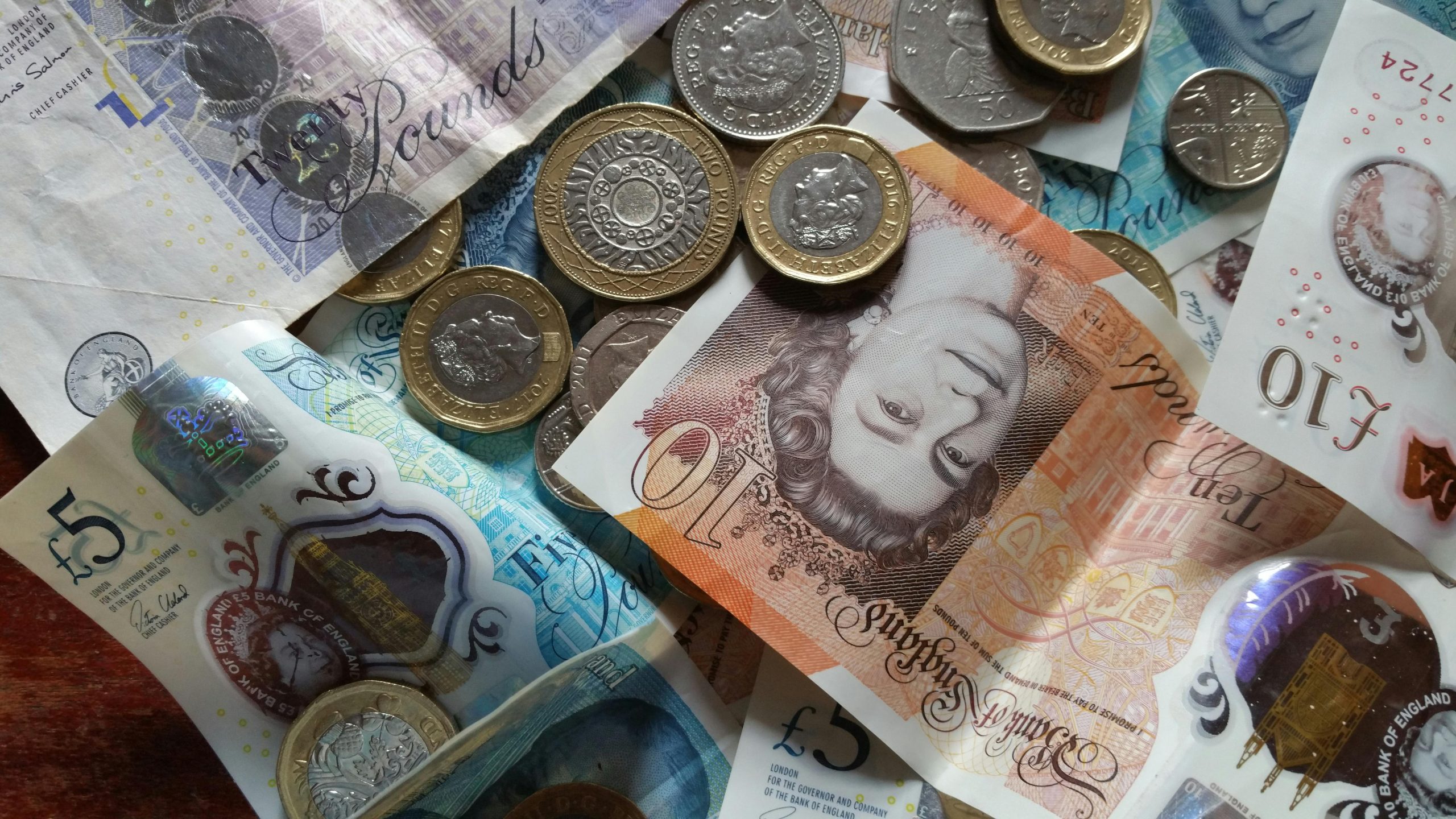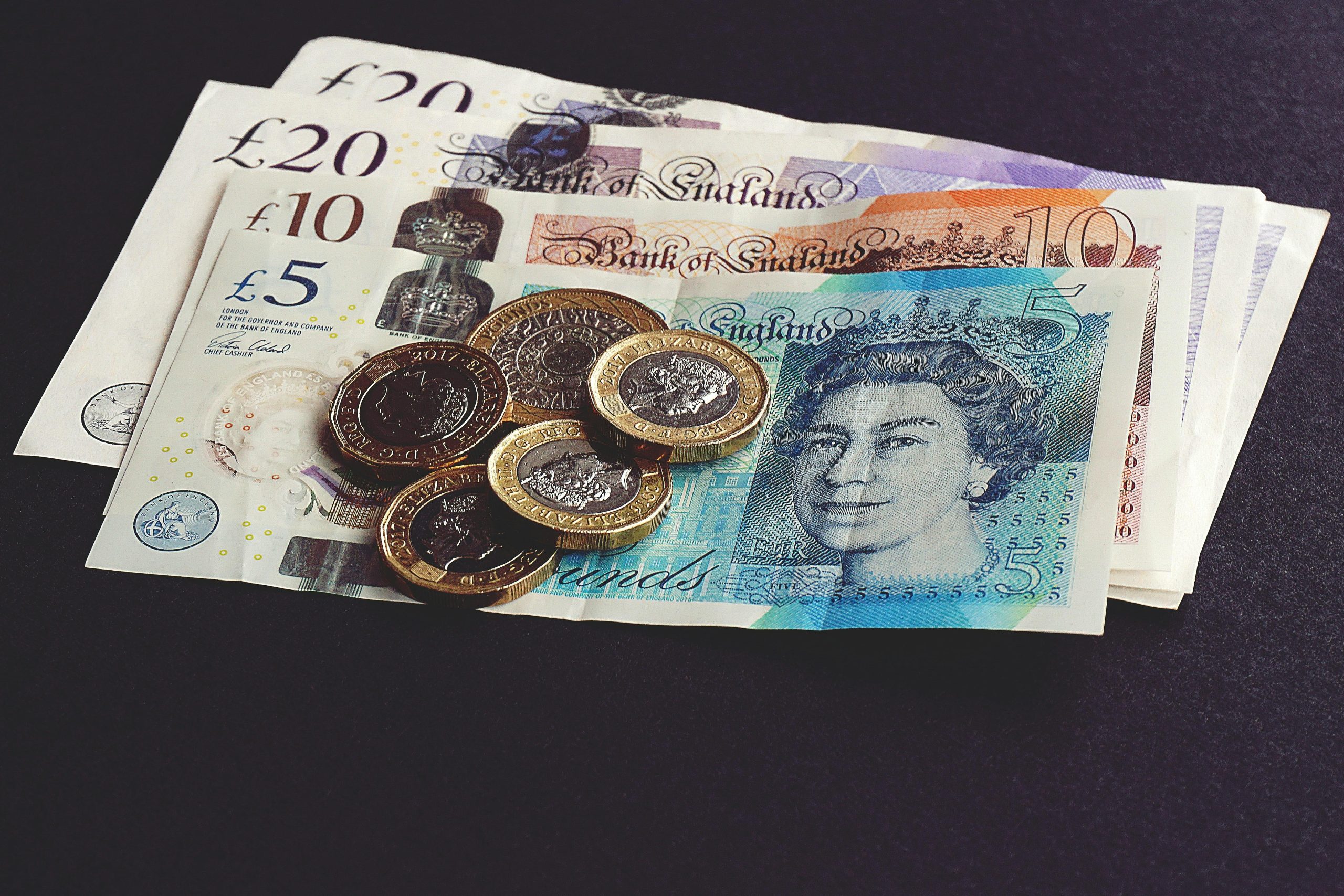
As 2025 begins, many Brits are looking for ways to save money and recover from the festive financial strain. Recent research reveals that one in five people in the UK are setting New Year’s resolutions to save more money. With 37% of Brits feeling “extremely stressed” by the cost of Christmas, January offers the perfect opportunity to make some changes and ease the pressure on your wallet.
From cutting back on unnecessary spending to embracing healthier habits, there are plenty of ways to save this month. Let’s dive into some practical tips to help you boost your bank balance and start the year on a high note.
1. Embrace Dry January
Going alcohol-free for Dry January can save you a surprising amount of money. With Brits spending an average of £15.30 a week on alcohol, skipping the booze for a month could save you around £68. Beyond the financial benefits, many people also report improved sleep, better focus, and more energy after cutting out alcohol for just 31 days.
Why not take this challenge one step further by redirecting the money saved into a personal treat, savings pot, or towards a new hobby?
2. Brew Coffee at Home
The nation’s love affair with coffee culture is undeniable, with many Brits happily spending £3.40 a day on a latte or flat white. However, this adds up to £105 a month! Brewing your coffee at home is a simple change that could leave you with over £100 to spend elsewhere.
Invest in a good reusable cup and some quality beans or pods—you’ll still enjoy your caffeine fix without the premium price tag.
3. Quit Smoking and Switch to Affordable Alternatives
Smoking is not only detrimental to your health but also imposes a significant financial burden. As of September 2024, the average price of a 20-pack of cigarettes was £15.88, and it increased to £16.78 following the government’s Autumn Statement. If a smoker consumes a pack daily at £16.78 per pack, their monthly expenditure is approximately £503.40.
An effective and budget-friendly alternative is switching to nicotine pouches. These pouches provide a smoke-free, odour-free solution to help manage nicotine cravings at a fraction of the cost of cigarettes. Opt for well-known and reliable options, such as Iceberg Nicotine Pouches. Using nicotine pouches—priced at £3.40 for a pack of 20—can be more economical.
If you use one pouch every two hours, that’s about 12 pouches per day. This equates to 18.2 packs per month, costing approximately £61.88. Therefore, by switching to nicotine pouches, you could save around £441.52 per month.
Beyond the financial benefits, nicotine pouches offer the convenience of discreet usage—perfect for work, social settings, or when you’re on the go. Making the switch not only supports your health but also significantly reduces your monthly expenses.
4. Sell Unwanted Items
January is an ideal time to declutter your home and turn unwanted items into extra cash. Platforms like Vinted and Depop make it easy to sell clothing, accessories, or even household items.
Even selling smaller items at £4 each, five times a week, can bring in an additional £80 in January. It’s a win-win: you free up space while boosting your savings.
5. Rethink Eating Out
Dining out or ordering takeaways has become second nature for many, with Brits spending an average of £53 per meal out. This adds up to nearly £80 a week for those who dine out 1.5 times a week. Instead, cooking at home can save you up to £352 in January.
Meal prepping is a great way to stay organised and ensure you always have something ready to eat. Use the savings to try new recipes or stock up on essentials for the rest of the year.





